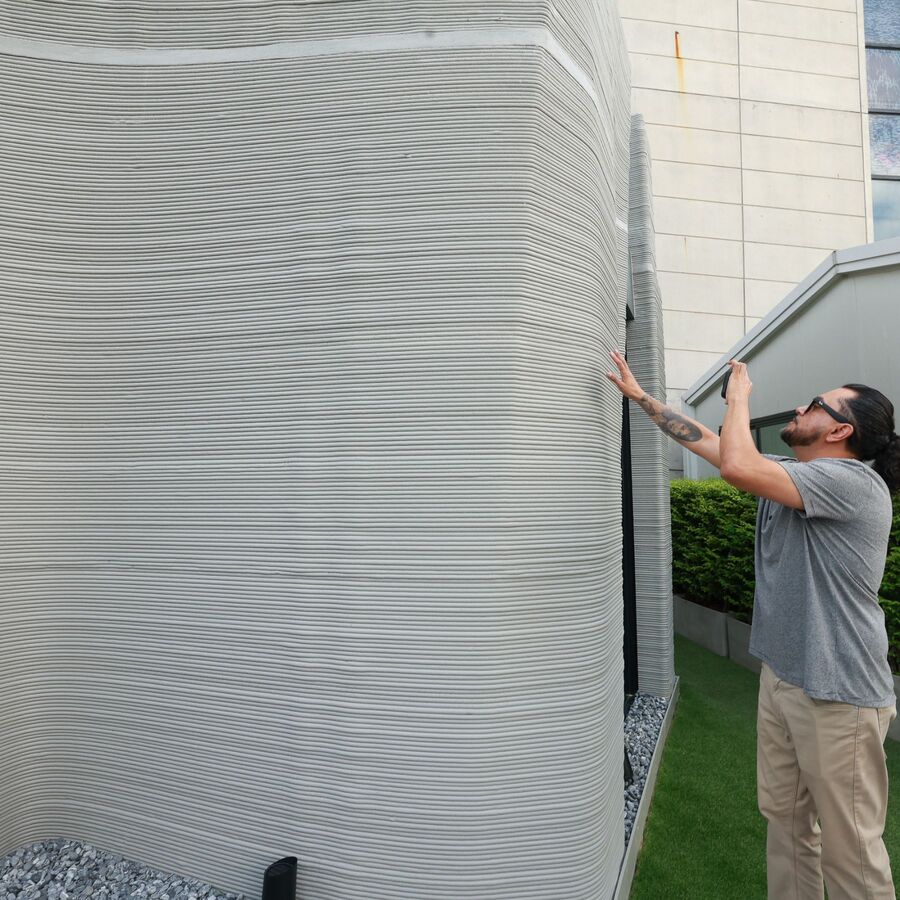
On May 7, SCG welcomed attendees from Intercem Asia 2025 for an exclusive visit to the SCG Home Experience Center to explore SCG’s latest innovations and construction technologies up close. The visit attracted significant interest from both local and international customers, highlighting the growing demand for sustainable and advanced building solutions.
This visit not only provided a hands-on experience with cutting-edge innovations but also reflected SCG’s commitment to fostering future business collaborations. The tour showcased several key construction solutions, including :
The strong interest from visitors underscored SCG’s position as a leader in construction innovation, ready to seize new opportunities for collaboration with partners across both domestic and global markets.









SCG International Corporation
With over 45 years of experience in international raw material trading, we have developed deep expertise across industries ranging from industrial supply, construction, home & living, paper & packaging, food & beverage, recycled materials, to energy. This extensive knowledge makes us a trusted partner in global supply chains, enabling us to provide valuable insights and reliable market information. Our blog reflects this commitment, offering content drawn from decades of experience to help you confidently navigate the complexities of supply chain management.








